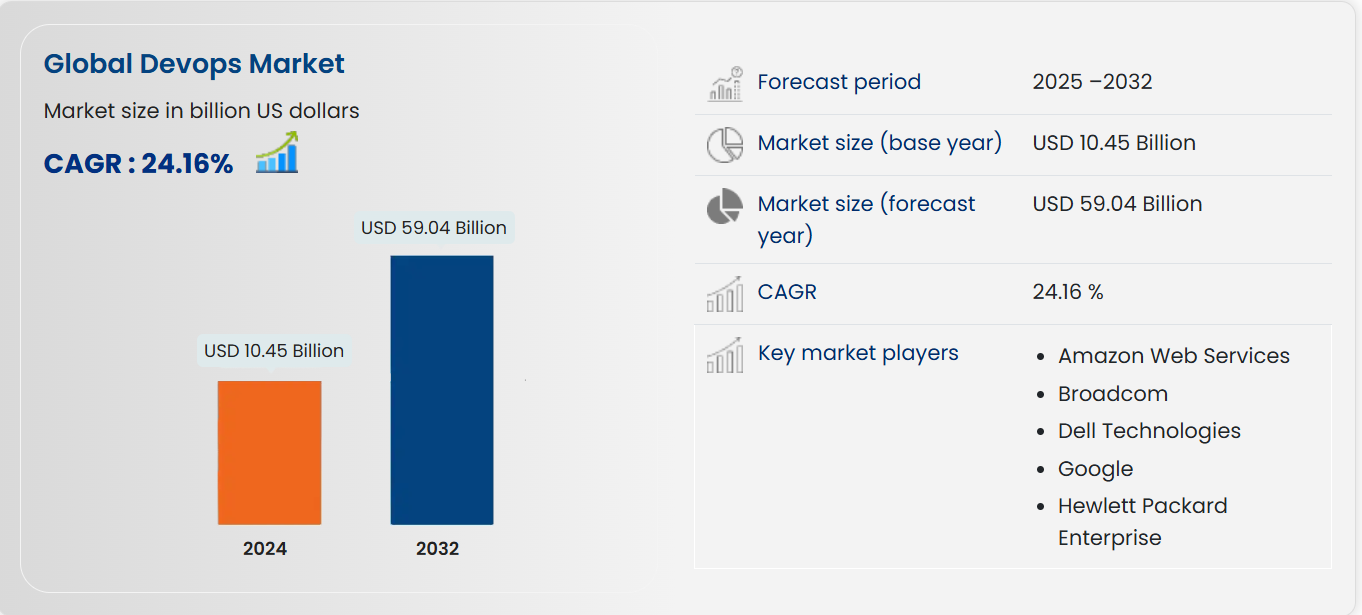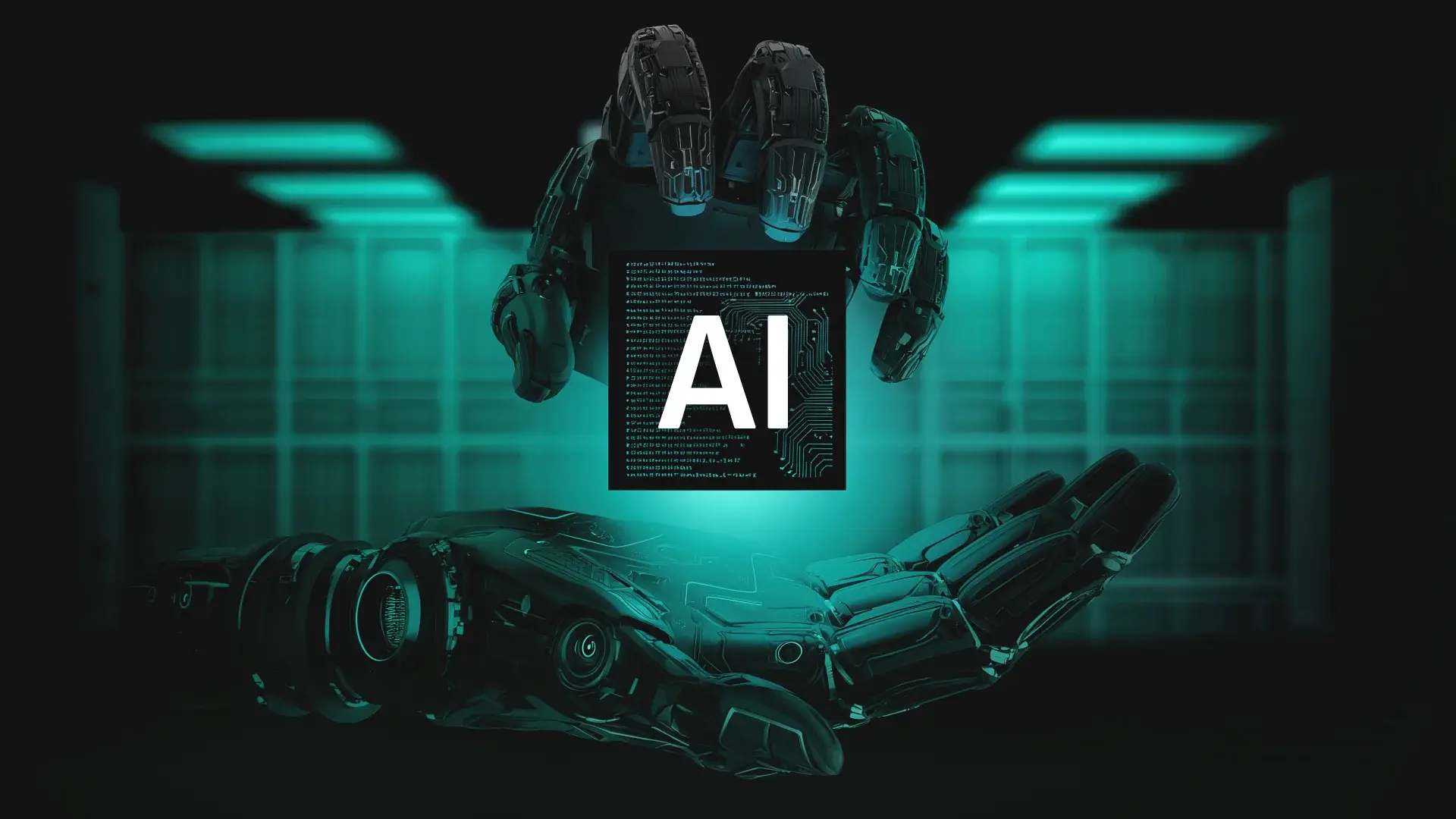According to wyborcza.biz, in Warsaw alone, five companies announced plans to lay off around 1,000 people in August. However, this is just the beginning, and layoffs are expected to increase in 2026.
There are currently two main issues affecting layoffs in the IT sector:
- Vibe-coding:
Companies are increasingly implementing artificial intelligence in IT specialists' work, using it to automate routine tasks and accelerate development. Some companies hold internal events where projects are created and optimized using AI. Small startups may even lay off employees, as another AI company has convinced them that AI can replace them. This approach is called “vibecoding” — it emphasizes rapid development with AI support, requiring virtually no deep human expertise. - Outsourcing and relocating offices to India:
The second significant trend is the global migration of IT operations. More and more European and American companies are opening branches in India and other countries with low labor costs, where employees are willing to work at night to accommodate European companies' time zones. Overtime is frowned upon in Europe, but in other countries it can be the norm.
India, home to approximately 400 million middle-class people, is rapidly becoming a global service and development center for international clients. For Polish and European companies, this is an attractive option for cost optimization, but it also presents a new reality and challenge for the local labor market.
What is the impact of Vibe-coding on the DevOps sector?
Unlike other IT specialties, the situation in DevOps looks less dramatic. Automation eliminates some repetitive manual tasks, but at the same time, there is a growing need for qualified specialists in cybersecurity, data management, and cloud infrastructure.
DevOps engineers responsible for configuring CI/CD processes, monitoring, security, and system scaling are becoming increasingly in demand due to the complexity of multi-cloud ecosystems and new cyber threats.
India's influence on the DevOps sector
Although employees from India offer advantages for companies, there are also challenges:
- differences in time zones
- communication cultures
It can complicate synchronous interaction, which is essential for an effective DevOps process that requires close coordination between teams. In addition, the Indian labor market is actively developing, and more and more teams are striving for high expertise and innovation, which makes competition healthier and more qualitative.
For DevOps in Europe, the activities of Indian teams are stimulating. There is a growing need for in-depth expertise, for integrating processes across offices, and for developing new models of cooperation that account for the multi-level structure of work.
Our opinion: why people remain the key to success, despite AI
We are convinced that completely replacing people with AI is a utopian dream. Companies that currently prioritize vibecoding and trust AI without exception will soon need to hire specialists who can understand and control machine work.
|
Hleb Skuratau, CEO of T4itech: “The more vibe coding there is today, the more work we will have in a year.” |
Today, you can find specialists on LinkedIn with the description “Vibe Code Cleaner” — people whose job is to “clean” and optimize code written by AI. Such roles will only multiply, especially in DevOps, where responsibility for stability and security remains with humans.
DevOps teams will play a key role in ensuring interaction between automated processes and live experts, managing the continuous integration, deployment, and monitoring of systems, increasingly working with AI technologies.
The DevOps sector in 2025: statistics and growth trends
In 2025, the DevOps market continues to grow rapidly. The global DevOps market is projected to grow from $13.2 billion in 2024 to $81.1 billion by 2028, highlighting the enormous demand in this area. As of 2024-2025, about 80% of companies are implementing DevOps approaches, a significant increase from previous years.
Market research shows that about a third of DevOps professionals work remotely or in hybrid roles, reflecting current labor-market trends toward flexibility. Tools and practices related to containerization (Docker, Kubernetes), infrastructure as code (IaC), and the integration of AI into automation processes are being actively implemented and are becoming the standard.
The demand for DevOps specialists is growing, but no one is training them, so we can expect them to become even more highly paid in the future.
T4itech is trying to remedy this situation and, in 2025, began establishing ties with the Wrocław University of Science and Technology. We are looking for talented students with well-structured fundamental technical knowledge and mentor them with our top engineers.
|
Hleb Skuratau, CEO of T4itech: "There is a lot of scattered information and AI around right now, but little deep understanding. Without a solid technical foundation, there can be no normal developers, and specialized higher education is extremely relevant in this field. That's why we take talented young people from one of the strongest universities in Poland and help them develop, passing on the applied wisdom of older generations." |
Conclusion
Mass layoffs in the Polish IT sector are an inevitable result of companies' desire to optimize costs and speed up decision-making, driven by the introduction of AI and outsourcing to countries with cheap labor, such as India. This process simultaneously demonstrates challenges and opportunities for the market, especially for DevOps specialists. Automation and vibe coding do reduce the need for routine tasks, but they significantly increase the demand for highly skilled experts in security, cloud technologies, and complex systems management.
At the same time, the role of humans remains key in controlling and improving AI-generated code, as evidenced by the emergence of new job openings such as “Vibe Code Cleaner.”
Indian outsourcing is influencing DevOps, creating healthier and higher-quality competition. However, many companies will continue to work with Europeans due to the quality of education, the lack of a significant time difference, and cultural similarities.
The DevOps market continues to grow rapidly: according to Data Bridge Market Research, the industry is projected to reach $59.04 billion by 2032, with an average annual growth rate of 24.16%.

The high level of DevOps adoption also indicates stable demand for this profession. Modern trends such as remote work, containerization, Infrastructure as Code, and AI integration are shaping the industry's future, where humans and machines work together to create effective, secure business solutions. If you want to learn more about trends in DevOps, you can read our article about Trends in DevOps 2025: Technology, Challenges, and Transformation.
Thus, despite the alarming news of layoffs, the IT sector and DevOps remain areas with high prospects for those ready to develop and adapt to new technological realities.





.webp?width=624&height=427&name=DevOps%20-%20Summing%20up%20the%20results%20(1).webp)